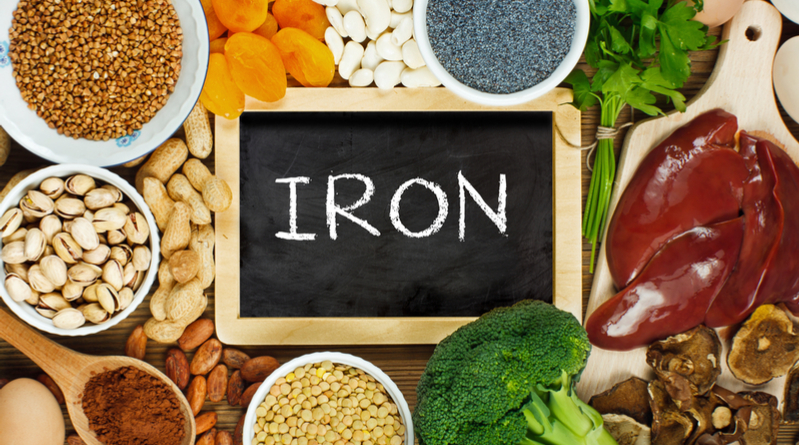Riboflavin, also known as vitamin B2, is considered to be an essential vitamin that helps your body create energy. It also plays a vital role in your child’s fetal development. It is responsible for your child’s healthy skin, growth, and good vision. It is also necessary for your child’s bone development, nerve development, and muscle development. Research has suggested that if a woman does not include enough riboflavin, she may have an increased risk for preeclampsia, a condition that gives women high blood pressure during pregnancy. All in all, riboflavin is a very powerful vitamin, that will help your pregnancy and the health of your unborn child.
How much riboflavin do you need?
With the importance of vitamin B2 to your diet and health, you need to be aware of how much riboflavin you should be consuming on a daily basis. Riboflavin is a water soluble vitamin, which means that your body cannot store it. That means you will have to ingest riboflavin every day to get your recommended daily amount. The exact amount you need varies according to the conditions of your pregnancy.
- Pregnant women: 1.4 mg per day
- Breastfeeding mothers: 1.6 mg per day
- Nonpregnant women: 1.1 mg per day.
Food Sources of riboflavin
The best sources of riboflavin are milk and dairy products, fortified cereals, and bread products. You can also receive riboflavin from organ meats, such as, kidneys and livers. It can be pretty easy to include vitamin B2 laden foods in your diet. But certain groups of people risk not getting enough riboflavin in their diet and may need to make some changes:
- Vegetarian athletes – especially those avoiding dairy foods – are at risk for riboflavin deficiency
- Pregnant women and breastfeeding mothers
- Vegans
- People with a genetic riboflavin deficiency








